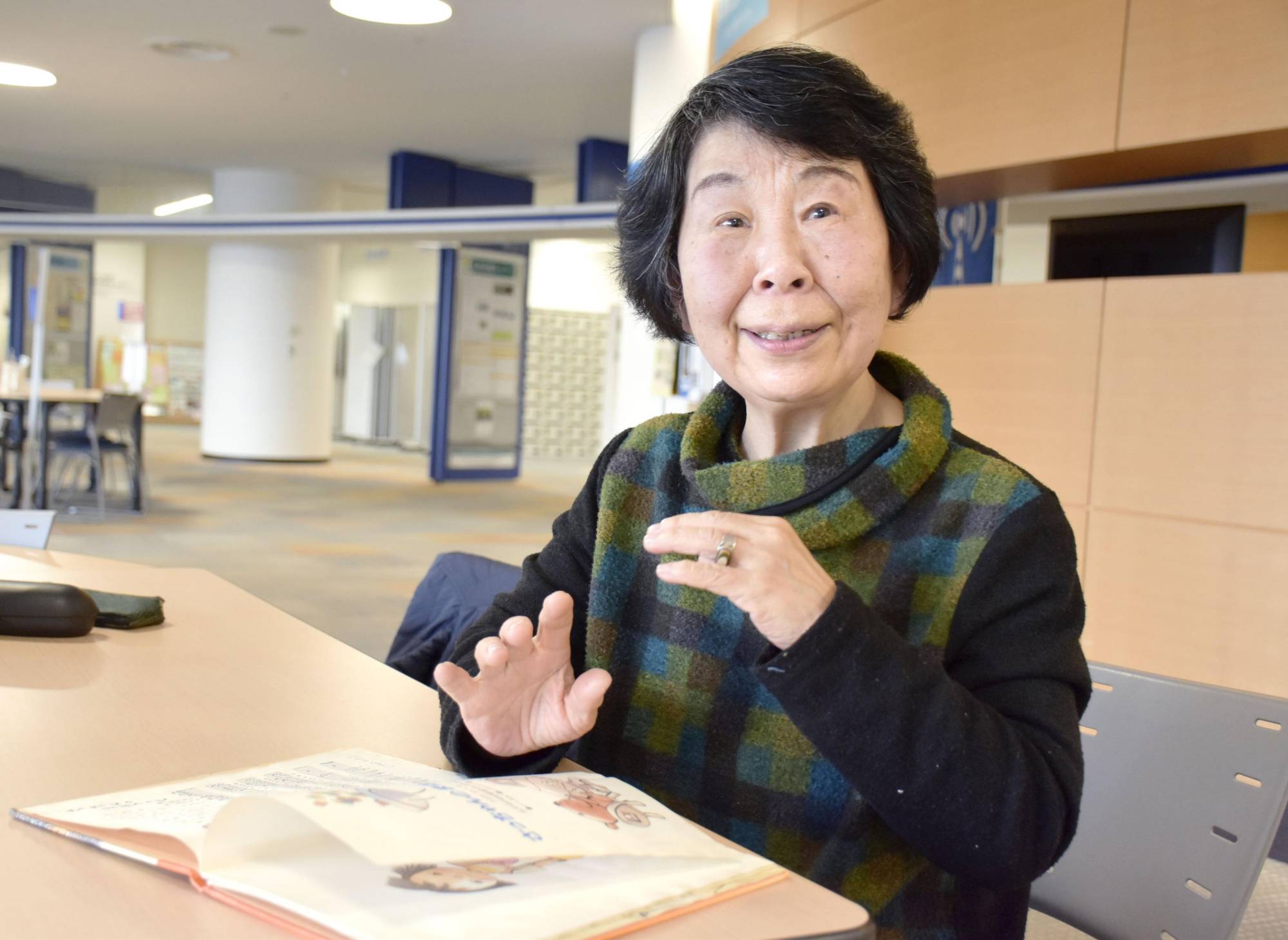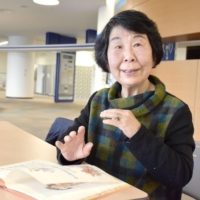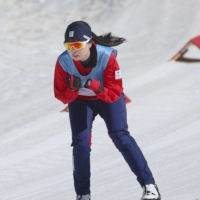A picture book released 37 years ago in Japan that sold 700,000 copies has found a new life ahead of the Beijing Paralympics, presenting one of the authors a timely opportunity to show her support for para athletes.
Akiko Nobe wrote "Sacchan no maho no te" (Sacchan's Magic Hand), a multi-author work published in 1985 that depicts a little girl without fingers on her right hand coming to terms with her disability and physical differences.
"Open up your possibilities," Nobe said in a message to Paralympians taking part in the March 4-13 games.
The book is based on the 77-year-old author's personal experience with her daughter, who was born with a disability in her right hand.
The main character, Sacchan, is a kindergartener who tearfully asks her mother why she does not have fingers like everyone else when she is told by a friend that she cannot play the "mom" role because of her missing hand.
But she recovers from the shock when her father says he feels power surge up inside him when he holds Sacchan's hand, and her hand must be that source of magic.
"Having a disability is not something to be ashamed of. I wanted to provide a gentle message of self-esteem to people with disabilities," Nobe said.
Many para athletes grew up reading the book, and cross-country skier Mika Iwamoto, who was born without fingers on her left hand, is one such reader who was captivated by Sacchan's story. The 18-year-old is making her Paralympic debut in Beijing.
Iwamoto said she identified with the main character when she was around the same age. Iwamoto is able to manage daily tasks using only one hand now, but she said she experienced emotional abuse growing up from her physical difference making others uncomfortable. That made Sacchan's story relatable.
Para swimmer An Nishida, who competed at her home Olympics in Tokyo last summer, was born with a missing upper left arm and a defect in her right thigh bone. She recommends the book to everyone and hopes it opens up new perspectives to disability.
"I hope this book gives people a chance to know what it feels like to be a person with a disability," Nishida said.
The 25-year-old said it makes her sad to be treated differently from her abled-bodied counterparts and feels discriminated against when she gets praised for taking part in competitive sports "in spite of" a disability.
The author, Nobe, gave birth to her daughter in 1972 and for a while hid her child's hand with a glove. But she faced up to the reality, and in 1975, she started a support group for parents of children with congenital limb deficiency disorders.
When the members of the support group proposed a stereotype-busting children's book starring a disabled character, Nobe joined the collaborative writing project.
Nobe thinks the Tokyo Paralympics platform played a significant role in raising awareness and changing societal attitudes in Japan, and para athletes are continuing to serve as advocates for disability inclusion.
"Times have changed," she said.
"It's hard to live in a society where people with disabilities have to feel that they lack abled bodies or they are made to feel inferior."





